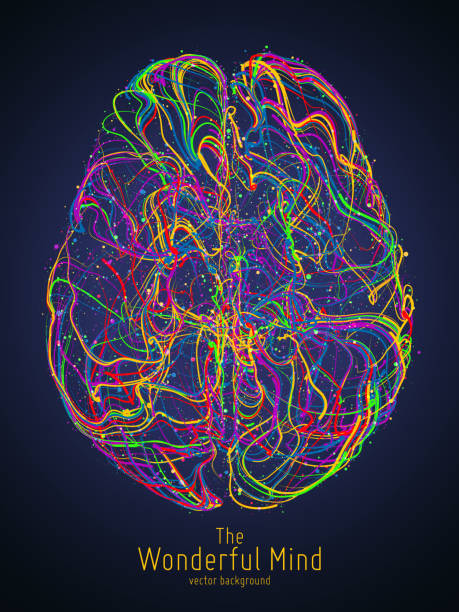Brain Health: Innovation, Inspiration, and Hope
“The brain can be continuously and consistently enriched throughout your life no matter your age or access to resources. As a primer, here are the five pillars of health: Move, Discover, Relax, Nourish, Connect.”
—Sanjay Gupta, MD, neurosurgeon, CNN’s chief medical correspondent, and author of many books, including “Keep Sharp: Build a Better Brain at Any Age”.
Exciting new scientific data confirms that specific, simple life choices contribute to brain health. For those with brain disorder diagnoses, there is significant promise. More good news – Chicago is an epicenter for research, treatments, trials, and programs designed for people interested in strengthening their brain and addressing brain disorders.
We will:
- Hear from researchers about innovative clinical trials that are presenting promising results and hope for the future.
- Observe the human brain, its anatomy, and its variances.
- Gain insight into diet, exercise, and activities that strengthen the brain both short and long-term.
- Learn about early detection, treatment, and prevention of brain disorders.
- Be inspired by the benefits of music for enriching brain health.
- Understand approaches to caregiving and available resources for caregivers and those in need of care.
Join us for a day that will provide tools for prevention, treatment, and hope for the future of brain health.
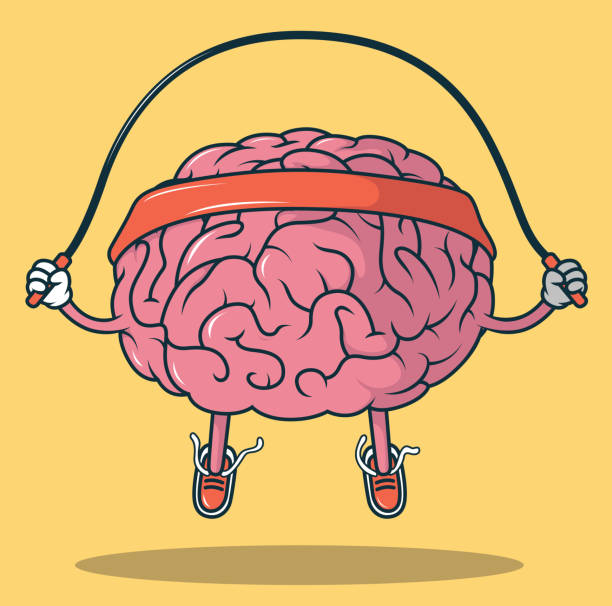
Wednesday, October 11 [SOLD OUT]
10:00 a.m.–3:00 p.m.
The Arts Club
201 East Ontario
or
Saturday, October 7
10:00 a.m.–3:00 p.m.
Simpson-Querrey Auditorium,
Northwestern Medical Center Campus,
303 East Superior
No walking required
Participants are asked to meet at the location.
Valet parking available for $20 for The Arts Club
Lunch included
Panelists
- Robert Vassar, PhD
- Changiz Geula, PhD
- Marilyn Cornelis, PhD
- Borna Bonakadarpour, MD
- Sandy and Jonathan Miller, The Sounds Good Choir
- Eun-Jeong Lee, PhD
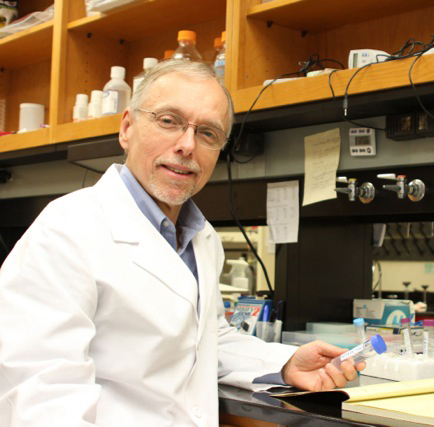
Robert Vassar, PhD
Robert Vassar, PhD, is the Davee Professor of Alzheimer Research, Departments of Neurology and Cell and Developmental Biology at the Feinberg School of Medicine, Northwestern University. He is Director of the Mesulam Center for Cognitive Neurology and Alzheimer’s Disease, Scientific Director of the Division of Behavioral Neurology, and Director of the Northwestern Alzheimer’s Disease Research Center. Dr. Vassar received his PhD in in 1992 in Molecular Genetics and Cell Biology in the lab of Dr. Elaine Fuchs at the University of Chicago studying transgenic mouse models of human epidermal disease. He then pursued a postdoctoral fellowship in the lab of Dr. Richard Axel at Columbia University, New York, where he investigated the molecular neurobiology of olfaction, work that contributed to the Nobel Prize in Physiology or Medicine in 2004 to Drs. Buck and Axel.
After his postdoc, he joined the biotechnology company Amgen to start a research group to identify novel drug targets for Alzheimer’s disease (AD). Using an expression cloning approach, he and his team co-discovered the beta-secretase enzyme, beta-site amyloid precursor protein cleaving enzyme-1 (BACE1) that is essential for generating the Abeta peptide that comprises Alzheimer’s disease amyloid plaques. In 2001, Dr. Vassar moved to Northwestern University Feinberg School of Medicine. There, he invented the 5XFAD transgenic mouse model of Alzheimer’s amyloid pathology. He continues to explore genetic, molecular, and cellular mechanisms of Alzheimer’s disease with the goal of identifying novel targets for therapeutic development.
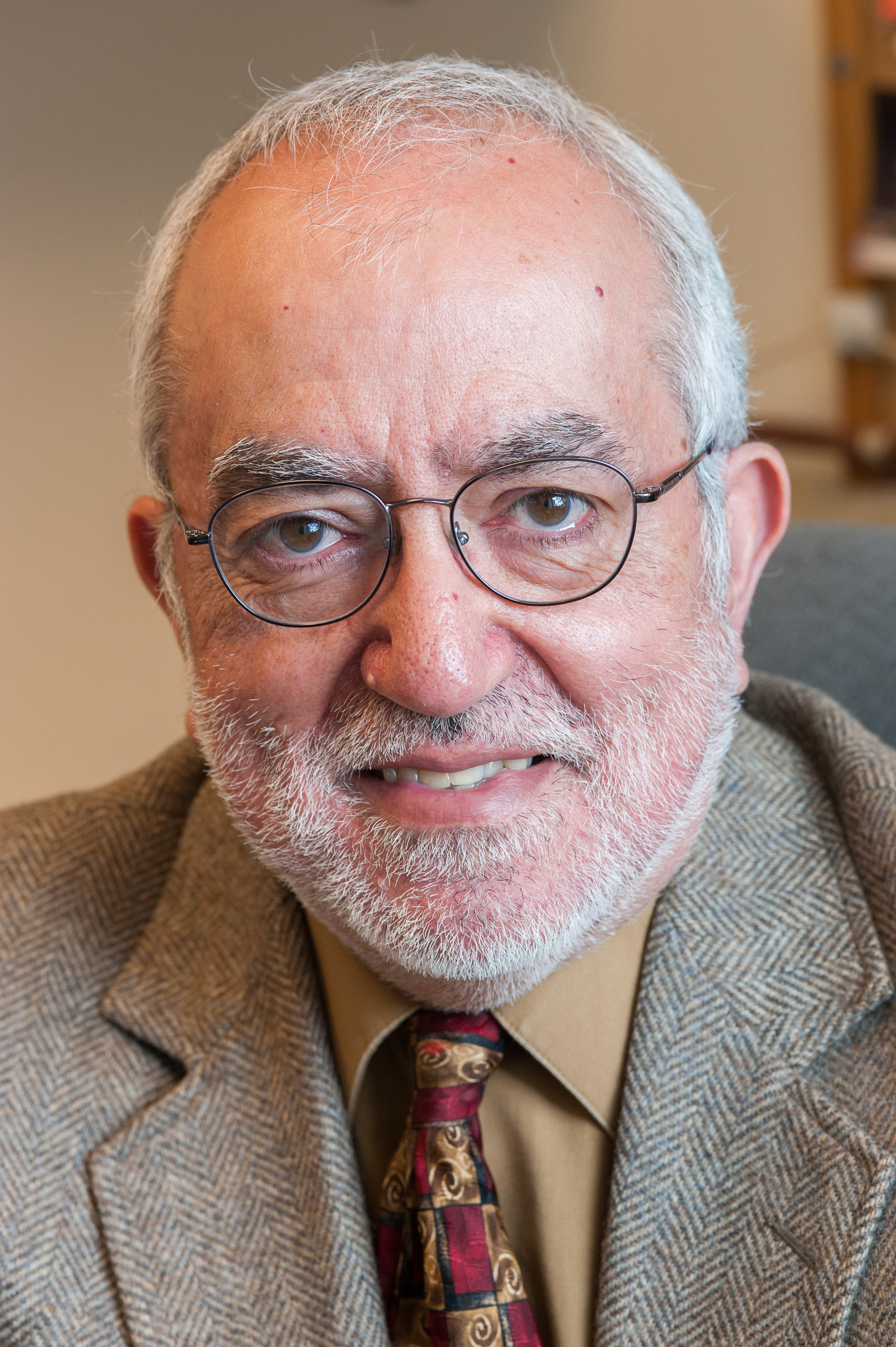
Changiz Geula, PhD
Changiz Geula, PhD, is Research Professor of Neuroscience at the Mesulam Center for Cognitive Neurology and Alzheimer’s Disease, and Professor of Cell and Developmental Biology, Northwestern University, Feinberg School of Medicine, Chicago. He assumed this position in November of 2006 following a 20-year tenure at Harvard Medical School, Boston, Massachusetts. Dr. Geula is the Director of the Laboratory for Cognitive and Molecular Morphometry at Northwestern University, Feinberg School of Medicine. He is the Leader of the Research Education Component of the Northwestern University Alzheimer’s Disease Research Center (NU-ADRC), with the aim of enhancing the pipeline of professionals dedicated to research and treatment of dementia. He also serves as Co-Principal Investigator on the Northwestern Cognitive SuperAging Project, leads projects aimed at deciphering the contribution of inflammation and specific pathologies to dementias, and acts as Co-Investigator of the Neuropathology Core of the NU-ADRC.
With over four decades of research experience in aging of the human brain and pathobiology of dementias, Dr. Geula has made major contributions to the field. Using multidisciplinary approaches, he has investigated the pathologic causes of multiple dementias, including Alzheimer’s disease, frontotemporal lobar degeneration, and primary progressive aphasia. His research has addressed the role of immune cells of the brain and ensuing inflammation in neurodegeneration, potential contribution of normal age-related changes to dementia, and factors that contribute to exceptional memory in old age. His research on the cholinergic system of the basal forebrain contributed to the translational approach targeting this system with pharmaceutical agents that remain among the few therapeutic drugs available for treatment of Alzheimer’s disease.
Dr. Geula is recognized for his excellence in teaching at all levels, including training of students from underrepresented groups in research on aging and dementias. He has received a number of awards for his teaching activities, including those related to teaching medical students and training of neurology residents.
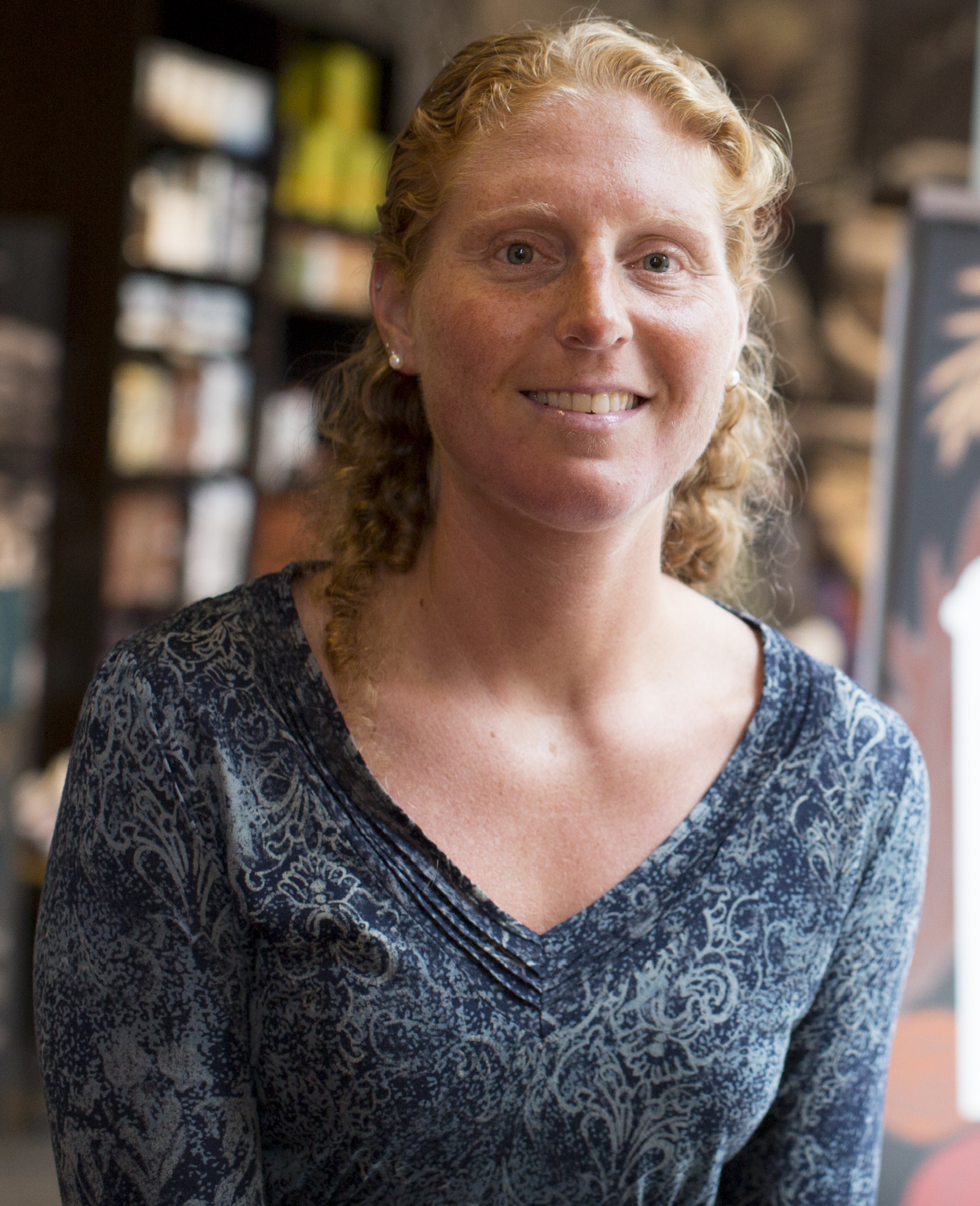
Marilyn Cornelis, PhD
Marilyn Cornelis, PhD is an Associate Professor in Preventive Medicine at Northwestern University’s Feinberg School of Medicine. She has received numerous national and international awards. Dr. Cornelis’ current research aims to couple modern high-throughput omic-technologies to traditional clinical and epidemiological methods to enhance biological understanding of how diet and nutrition contributes to chronic disease. She has a special interest in the genetics of coffee consumption, caffeine metabolism, taste preferences, and other dietary behaviors.
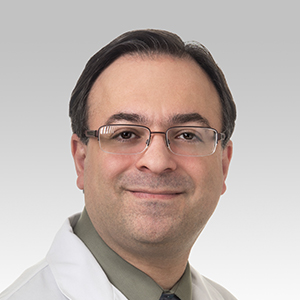
Borna Bonakdarpour, MD, FAAN, FANA
Borna Bonakdarpour, M.D., is an Associate Professor of Neurology at the Northwestern Mesulam Center and Northwestern Feinberg School of Medicine Department of Neurology. He received his medical degree from Tehran University of Medical Sciences with a minor in musicology and piano performance followed by neurology residency at The University of Arizona and advanced training in behavioral neurology at Northwestern.
Dr. Borna is the Director of the Laboratory for Interventions and Neuroimaging of Cognition (LINC) and the Northwestern Music and Medicine Program (NMMP), and Deputy Director of Cognitive Neurology Fellowship. His research is focused on neurobiology of language breakdown and treatment of aphasia and the use of music interventions for neurocognitive disorders.
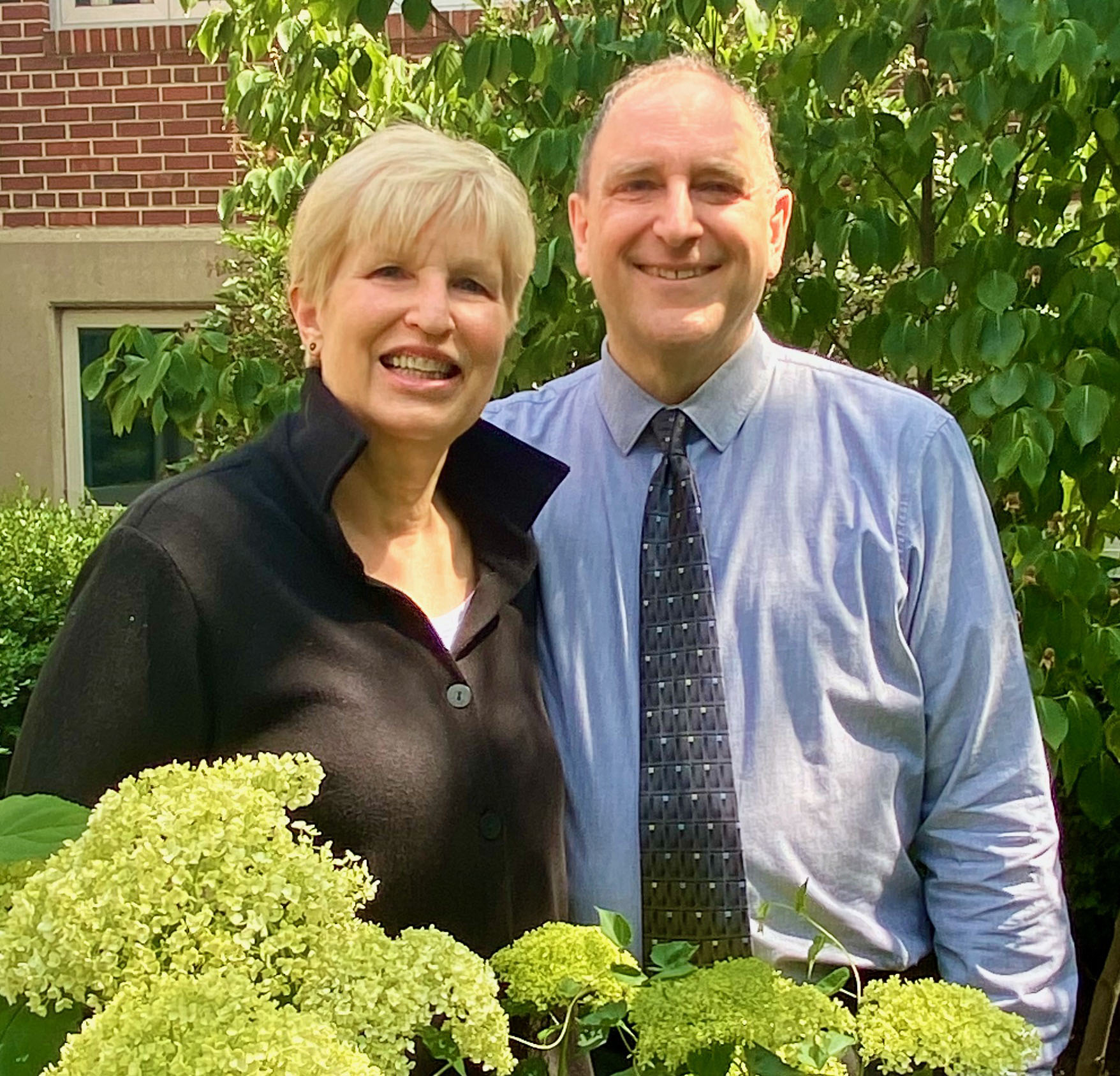
Sandy Siegel Miller, Ph.D
Co-Founder of Sounds Good Choir, NFP
Program Director of the Good Memories Choir
The Rev. Dr. Sandy Siegel Miller is a clinical psychologist who has worked in private practice in the western suburbs for more than 30 years. Her work with older-adult choirs is a major pivot from her clinical work with children and adolescents. Miller and her husband, Jonathan, created the Sounds Good Choir organization in early 2016 and added a second program, the Good Memories Choir, for people with early-stage memory loss and their care partners, singing together.
The “keeper of the culture” at Sounds Good Choir, Miller is the guiding spirit of the organization’s mission of great singing, joy, and community. She works on all facets of program strategy, pioneered the online sing-along program during the Covid lockdown in 2020, and is excited about the new Spanish-language sing-along that is scheduled to begin in August.
Miller also coordinates a team of neurology researchers studying the impact of choral singing on older adults. She and her co-leader, Borna Bonakdarpour, MD, a neurologist from Northwestern’s Mesulam Center for Alzheimer’s, are pleased to be presenting a poster of their first research project at the Alzheimer’s Association International Conference in Amsterdam in July and are preparing to launch a pilot study this August.
Miller is a deacon in the Episcopal Diocese of Chicago and serves as ordained clergy at Church of Holy Nativity in Clarendon Hills.
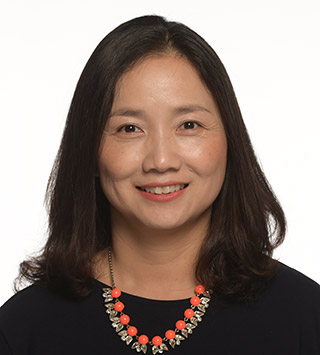
Eun-Jeong Lee, PhD, CRC, LCPC
Professor of Psychology, Illinois Institute of Technology
Eun-Jeong Lee is Professor of Psychology in the Department of Psychology at Illinois Institute of Technology. Dr. Lee received her Ph.D. in Rehabilitation Psychology from the University of Wisconsin-Madison in 2007. Dr. Lee has had over 20 years of experience in the area of disability and rehabilitation as a therapist/counselor, researcher and educator. Her publications include over 50 peer-reviewed articles and book chapters which focuses on the psychosocial/multicultural issues among people with disability and their caregivers, vocational aspects of disability and various factors contributing to successful outcomes. As PI and co-PI, Dr. Lee had led multiple research projects funded by National Institute on Disability, Independent Living, and Rehabilitation Research (NIDILRR), National Institute of Health (NIH), Department of Defense (DOD), and Rehabilitation Services Administration (RSA).
Dr. Lee has also served as an executive board member and the president of section 2 (Women’s issues) for APA Division 22 (Rehabilitation Psychology) and National Council on Rehabilitation Education (NCRE) and as an editorial board member for national and international Journals. Currently, Dr. Lee is serving as the first president of Asian Rehabilitation Counseling Society.
